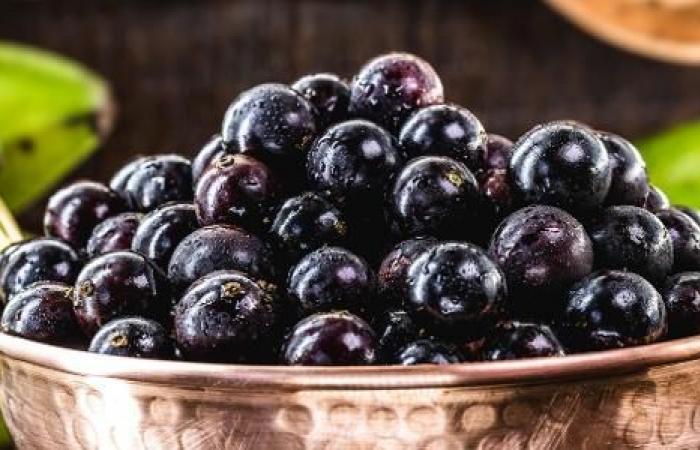According to the researcher, Even in healthy individuals, blood sugar levels tend to rise after meals., then returning to normal levels. “Therefore, something that can lower blood sugar after a meal is interesting, as it causes the subject to have controlled blood sugar levels over time, which results in a healthier life and more controlled parameters”, he explains.
The work, supported by FAPESP through three projects (22/09493-9, 19/12244-8 and 21/02271-8), involved 49 participants with metabolic syndrome and obesity. Some received a daily supplement with 15 grams of jaboticaba bark for five weeks, and the others just a placebo. All underwent blood tests to monitor blood glucose. Anthropometric measurements were also evaluated, such as body weight and waist circumference, as well as blood pressure and inflammatory parameters, such as the protein interleukin-6, considered a marker of inflammation related to obesity.
“The study showed positive results in relation to the reduction in postprandial glycemia and inflammation levels in the group that received the supplement. But it is worth mentioning that The jaboticaba peel doesn’t work miracles, it’s just an excellent way to help modulate blood glucose. This means that the strategy needs to be accompanied by other measuressuch as good nutrition and physical exercise”, highlights the researcher to FAPESP Agency.
Bioactive compounds
Among the phenolic compounds present in the jabuticaba peel are anthocyanins, which, in addition to giving jabuticaba and other fruits their purplish color, interfere with glucose metabolism, stimulating, above all, intestinal L-cells. “When these substances reach the intestine, they come into contact with L cells, responsible for releasing a compound called GLP-1 (glucagon-like peptide-1), which stimulates the release of insulin in the pancreatic cell”, he says.
Tags: Reduces inflammation blood sugar jabuticaba combats metabolic syndrome






